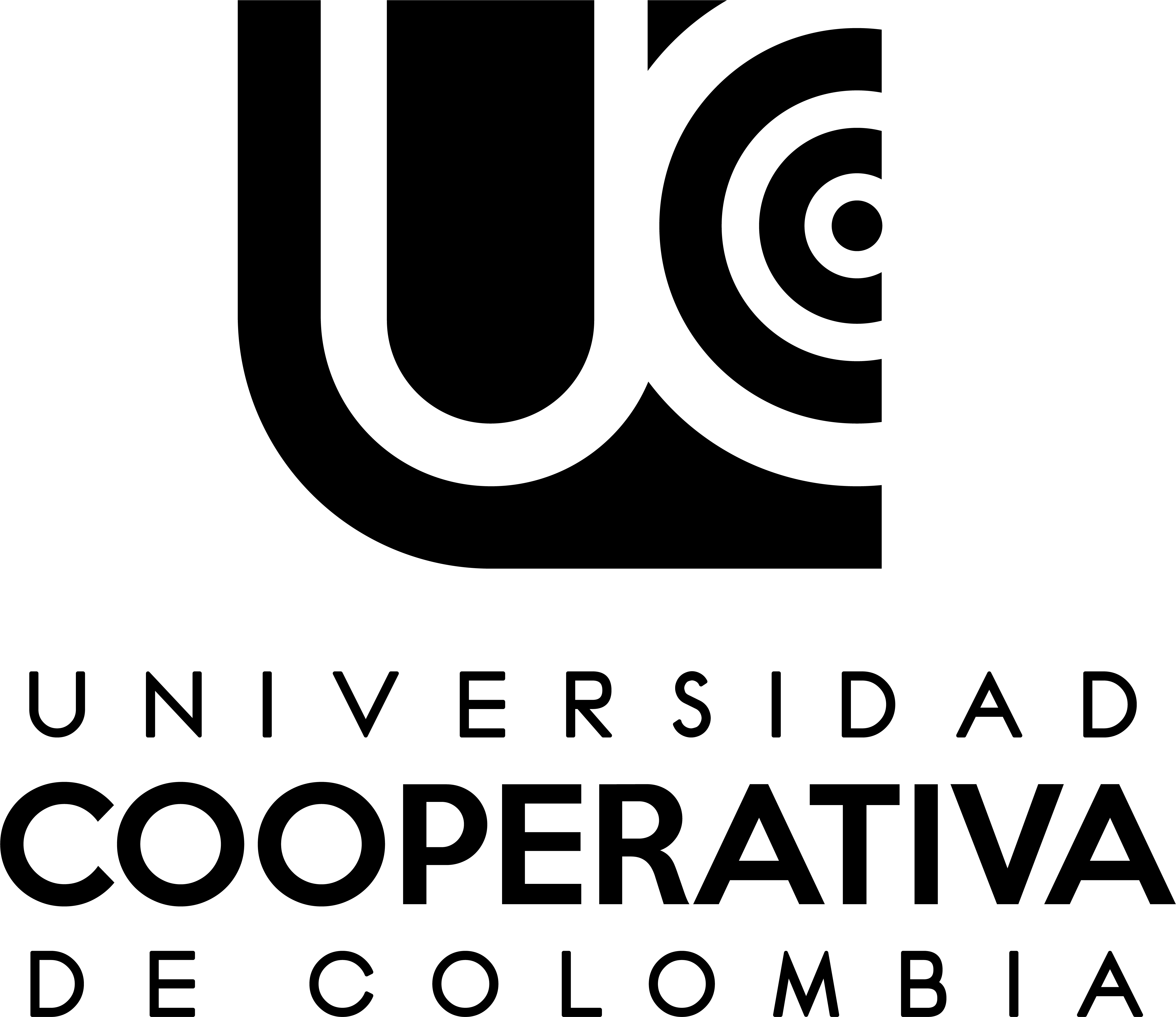Biodiesel Production Using Waste Cooking Oil and Ethanol for Alkaline Catalysis
This work presents a study of the results of the project “Design of a Biodiesel Production Process Based on Cooking Oils at the Universidad Nacional de Colombia” (“Diseño de un proceso de producción de biodiesel a partir de aceites de fritura de la Universidad Nacional de Colombia”) carried out in 2013. Refined vegetable oils are the most commonly used to produce biodiesel fuels; however, used fried oils (auf from the Spanish acronym) make for a product with quality, yield and environmental benefits. In this work, a biodiesel production process using waste cooking oil (auf) and ethanol was designed. The optimum conditions found in the process were established by determining the yield of catalyzed ethylic esters using the gas chromatography technique, with tricaprin as the internal pattern. During the production process, an esterification reaction with homogenous acid catalysis was performed, followed by a second transesterification reaction with basic homogenous catalysis. Optimum ethylic ester production was obtained at a reaction temperature of 60 °C, an oil/ethanol molar proportion of 1:7 (42.5% v/v alcohol in relation to oil) and water at 40 °C as a cleaning agent. The result was a biofuel with physical and chemical characteristics according to astm standard D6751 parameters, with a yield of 96% wt of faee, and 3.6% wt of mg.











